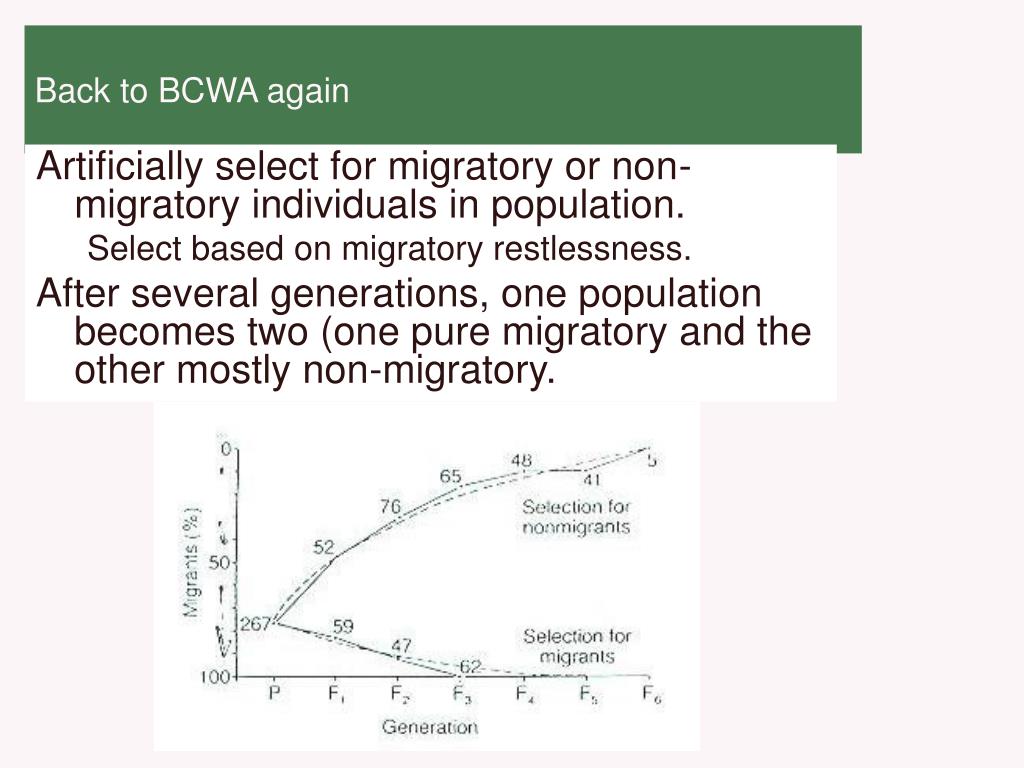

Freudianism died and, in its place, an even more conformist psychology took place. Americanisation of psychoanalysis destroyed its radical core, psychoanalysis became a 'how to guide' (see The Art of Loving), a boutique good, a one-stop shop fix-all therapy. Furthermore, they embraced the radical subjectivity inherent in psychoanalysis, without shoehorning their understanding of society into a reductionist sociology which attempted to reduce the world to economics (as in vulgar Marxism) or radical subjectivity (as in the psychology of Cooper and Laing). Rather than distorting and repressing the radical implications of psychoanalysis, by individualising its application and minimising the influence of society, the Frankfurt School thinkers embraced them, and fixed their gaze on the mass culture which their contemporaries refused to engage with. For Jacoby, the Frankfurt School thinkers György Lukács, Theodor Adorno, Walter Benjamin, and Herbert Marcuse represent the other side of psychoanalysis. Russell Jacoby explores the betrayal of psychological radicalism by Alfred Adler, which Jacoby argues has imbued major psychological currents following Freudianism. "If the history of psychology is the history of forgetting, Adler was the first, but by no means the last, to forget." (44)
"What Georg Lukács did for Marxism in 'What is Orthodox Marxism?' has not been done for Freudianism." (12-13) Social Amnesia contains a forceful argument for "thinking against the grain-an endeavor that remains as urgent as ever." It is an important work for sociologists, psychologists, and psychoanalysts. He discusses how in the years since Social Amnesia was first published society has oscillated from extreme subjectivism to extreme objectivism, which feed off each other and constitute two forms of social amnesia: a forgetting of the past and a pseudo-historical consciousness. In his probing, self-critical new introduction, Jacoby maintains that any serious appraisal of psychology or sociology, or any discipline, must seek to separate the political from the theoretical. Jacoby's new self-evaluation has the same sharp edge as the book itself, offering special insights into the evolution of psychological theory during the past two decades. It is simultaneously a critique of present practices and theories in psychology.

Social Amnesia is an effort to remember what is perpetually lost under the pressure of society. In this book, Jacoby excavates the critical and historical concepts that have fallen prey to the dynamic of a society that strips them both of their historical and critical content. Building on the theory of memory making and its role in reconciliation, the paper sketches a typology of postnational citizenship that encourages more flexible forms of belonging.Russell Jacoby defines social amnesia as society's repression of remembrance-society's own past. Conversely, memories that are rejected as unimportant or unworthy silence the groups and individuals for whom those memories are cosmopolitan and outward looking and simultaneously displays evidence of exclusionary nationalism which negates collective momories of minority groups such as Aboriginal people. In this way what is remembered and memorialised through collective processes of memory-making binds those who are part of that collective memory together. What is remembered becomes a marker of the past forming part of the reconstruction of the social world. Language eng Summary "This paper explores collective memory and national projects of remembrance and institutional amnesia or forgetting in assessing reconciliation processes between Indigenous and non-Indigenous people. Politics and Government - National symbols and events - Memorials and commemorations.Label Memories and reconciled futures : social amnesia and the politics of remembering Title Memories and reconciled futures Title remainder social amnesia and the politics of remembering Statement of responsibility by Claudia Tazreiter Creator


 0 kommentar(er)
0 kommentar(er)
